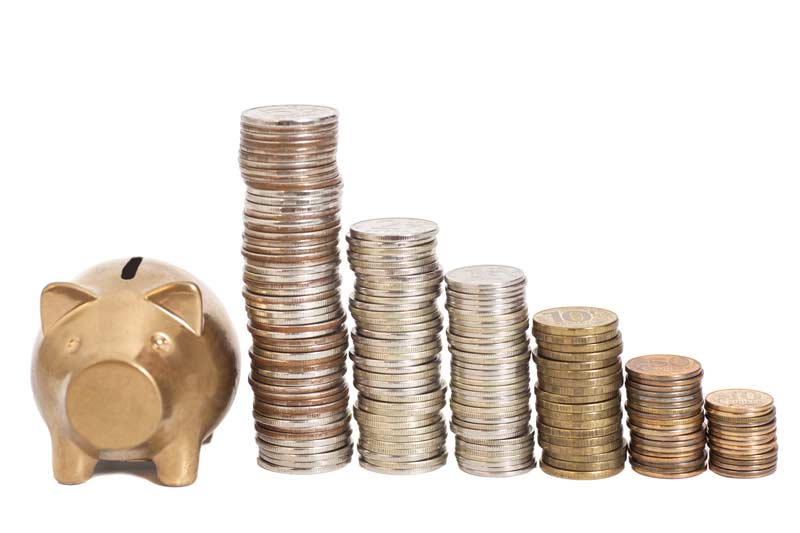Forty-six percent of Americans have no money saved for retirement, but it’s not too late to start. Contributing to a 401k is a hassle-free way to build wealth and earn tax breaks. If you’ve been iffy about joining your employer’s plan, here are some reasons to finally take the plunge.
Saving is effortless
Studies show that people save more money when they automate the process. That’s why your 401k contributions are withdrawn from your pay and invested before you get a chance to spend it. You can have a specific dollar amount deducted or a percentage of your salary. Going with a percentage may work out better in the long run because if you get a raise, your contributions will automatically increase. Ideally, you want to contribute 12% to 15%, including your employer match.
Employer match = Free money
Many company’s help maximize your savings by offering to match a portion of your contributions. It’s free money and you’d be crazy not to take it. Commonly, they’ll match 50 cents for every dollar you put in, up to 6 percent of your salary. Nearly two-thirds of participants receive their full match, but some workers miss out because they don’t contribute enough. Don’t make the mistake of leaving money on the table.
You’ll save money on your taxes
Every dollar you contribute to your 401k reduces your taxable income by the same amount. So, it’s a good idea to contribute as much as you can afford. For 2020, the maximum contribution is $19,500. Those who are aged 50 or older have a contribution limit of $26,000. Another perk of having a 401k is that your money will grow tax-deferred until you retire. By then, you may be in a lower tax bracket.
You can keep the money when you switch jobs
Chances are you won’t be working for just one company your whole career. The good news is the money in your 401k is yours to keep when you switch jobs. You can avoid paying any taxes and penalties by rolling the money over to your new employers 401k or into an IRA. If you try to cash out, you will pay taxes on your lump-sum distribution. Plus, a 10% early withdrawal penalty if you’re under age 59 ½.




